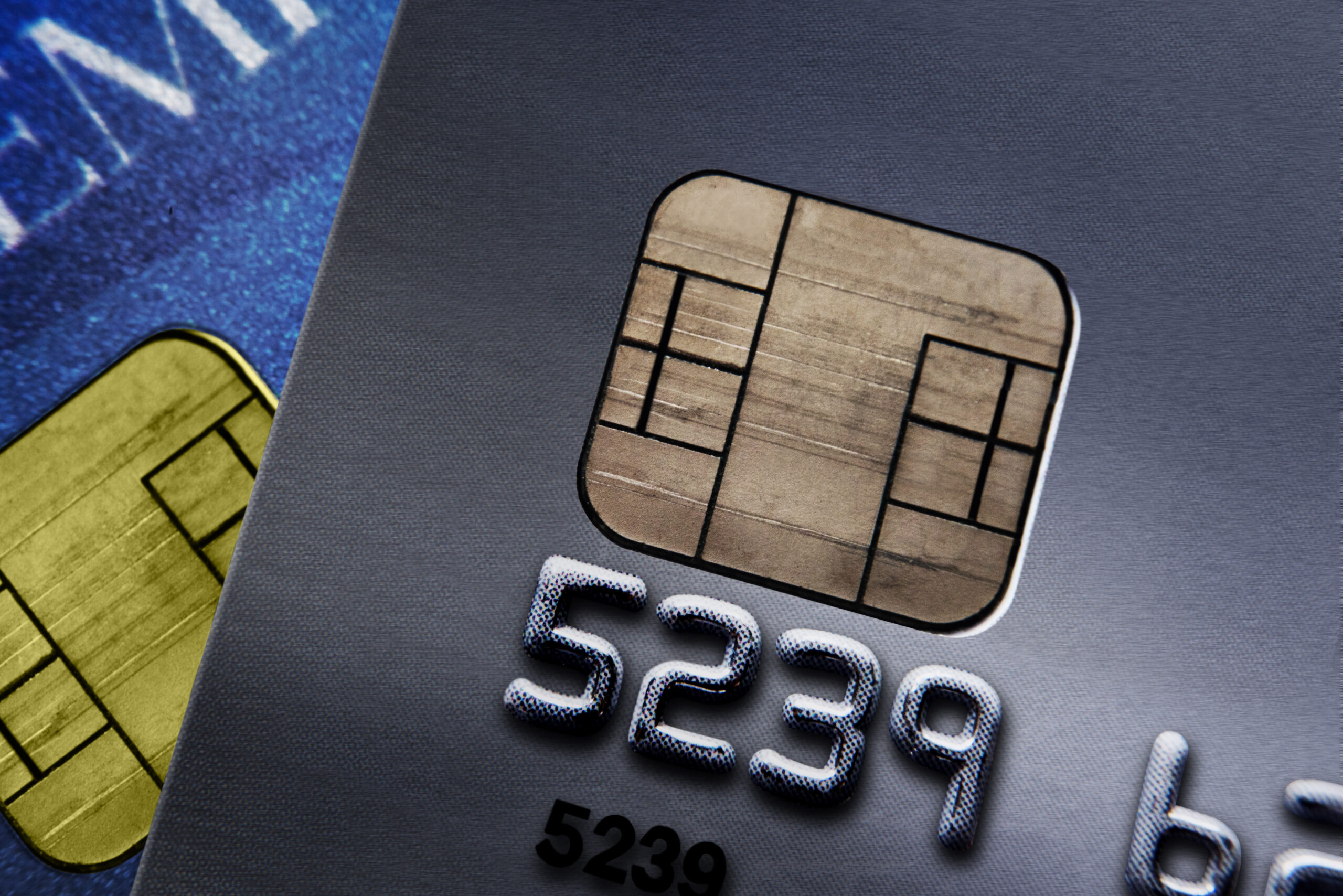Credit cards can be a friend or your enemy depending on how you use them. You might also consider them your frenemy if you enjoy the convenience but dislike how it makes overspending all too easy. But if you use your credit cards sensibly, they can be an easier way to pay for things than carrying a big wad of cash.
If you need to make a major purchase and don’t have the money in your checking account to cover the costs, you would probably use a credit card to pay for it. Most of today’s cards include nice perks such as cashback, points, and airline miles. If you lose your job or run into another emergency, your credit cards could hold you over until you’re back on your feet.
And last but certainly not least, credit cards can help you track your spending and stay within your budget. However, they can also encourage you to spend more money than you can afford, potentially creating debt.
Here are seven of the most frequently asked questions about credit cards.
1. Why is it so important to pay off my balances at the end of every month?
If you don’t pay off your monthly balances, compounding interest can add hundreds or thousands to the amount you’ll pay in the end. Carrying balances forward can hurt your financial health because you’ll be paying interest on interest.
Let’s say you have a $10,000 balance on a credit card with a 14% interest rate compounded monthly. Your finance charge or interest for the first month alone would be $116.67.
If you were to then make a $200 minimum payment, only $83.33 would be applied to the principal. The next month, your balance would be $9,916.67 but only $82.64 of your minimum payment would go toward the principal. At this rate, it would take over 36 years to pay off your original balance—assuming you didn’t charge additional purchases on the card.
2. Why is it important to read and understand credit card agreements?
Your credit card agreements are contracts that spell out what you are expected to do and pay. Always be sure to look through the fine print so you can use your card to your best advantage. Reading the agreements that come with rewards cards can help you understand the perks included, such as cashback, points, or miles you could earn.
You could also discover any fees that will be tacked on under certain circumstances—such as using your card internationally, making late payments, or exceeding your credit limit.
3. Is it OK to use a credit card to get a cash advance?
No matter how tempting it might be, you should avoid this at all costs. It’s rare to find a credit card with interest charges that aren’t significantly higher when used for a cash advance.
This is yet another reason to read your credit card agreements carefully. You may think you’re paying only a 14% APR, but that’s likely only for purchases. The card’s interest rate could go as high as 19% or even 21% on cash advances. You might be thinking you’re paying only 14% when you take out a $500 advance but when your next statement rolls in, you could be in for an unpleasant surprise.
People Also Read
4. My deceased spouse or parent left a large amount of credit card debt. Do I have to pay for this?
In most cases, you are likely not responsible for your loved one’s debts unless you were a co-signer on the account. If they were your spouse, the answer may depend on your state of residence.
If you live in a community property state (Arizona, California, Louisiana, Nevada, New Mexico, Idaho, Texas, Washington, and Wisconsin), any debts incurred during marriage may be considered community property and you could be responsible for paying them.
5. Should I file for bankruptcy if I can’t pay my credit card debt?
Before filing for bankruptcy, it’s important to explore other options. If you are eligible to enroll in a debt relief program, you can rely on help from a reputable company like National Debt Relief to avoid dealing with certain consequences of filing for bankruptcy.
Our debt specialists can negotiate settlements with your creditors that could help you resolve debts and become debt free in as little as 24–48 months. You can check to see if you are eligible here. Many consider declaring bankruptcy a last resort.
6. My child has a lot of credit card debt. What can I do to help?
It’s crucial to educate your child at an early age about the importance of financial responsibility. You can set a good example by practicing good money management skills yourself.
Paying off your child’s debt for them could enable more irresponsible spending. But if you must step in, you can make the money a gift instead of a loan. That way, there won’t be any conflict about getting paid back – or not being paid back.
Alternatively, you could agree to give your child the money—but only if he or she is willing to sign an official loan agreement. You might also have them set up automatic transfers of monthly payments to your checking or savings accounts. That way, there will be no question about whether or not a check was mailed.
7. What is the ideal number of credit cards to carry?
There is no one-size-fits-all answer when it comes to how many credit cards you should own. The number will depend on your unique financial situation and lifestyle. For instance, you might open a card that provides airline miles if you’re a frequent traveler and open another to receive special discounts from a store you regularly shop at. Before opening a new credit card, it’s important to ask yourself how often you will use it and if you can handle managing one more card.




